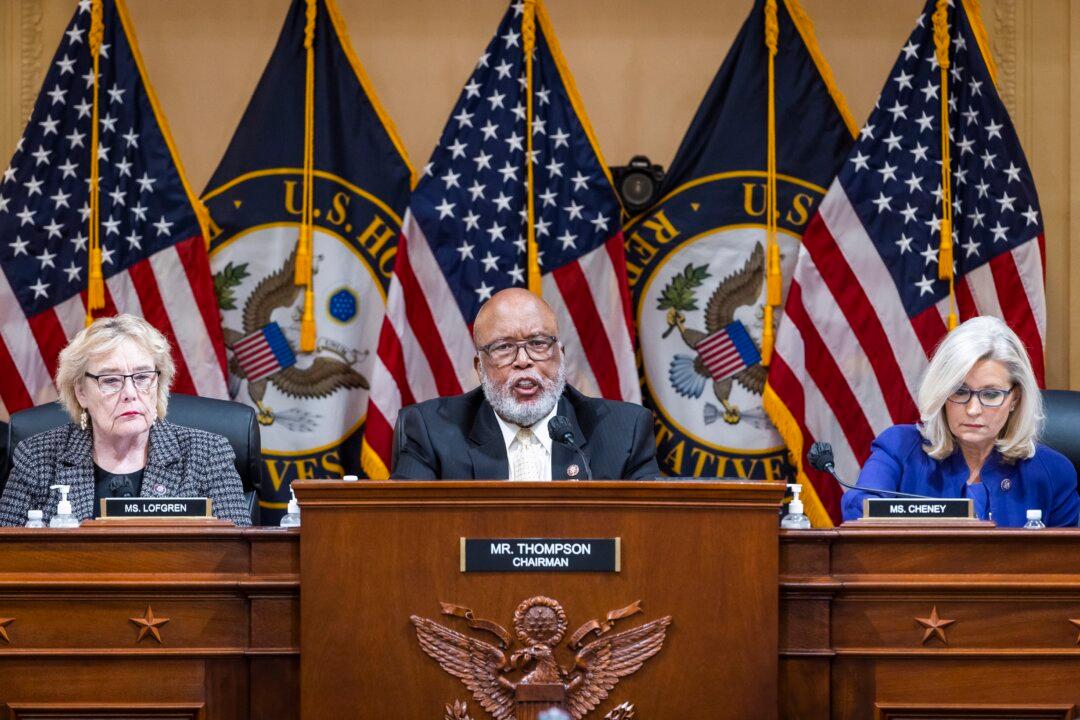A U.S. House of Representatives panel on Dec. 19 voted to refer former President Donald Trump for criminal charges, including a charge that would, if a conviction is secured, bar him from becoming president again.
Members of the select committee to investigate the Jan. 6, 2021, breach of the U.S. Capitol cast votes for the four referrals during a hearing in Washington. They unanimously voted to refer insurrection, obstruction of an official proceeding, making a false statement to the federal government, and conspiracy to defraud the federal government to the U.S. Department of Justice (DOJ), where prosecutors will ultimately determine whether to act on the recommendations.





